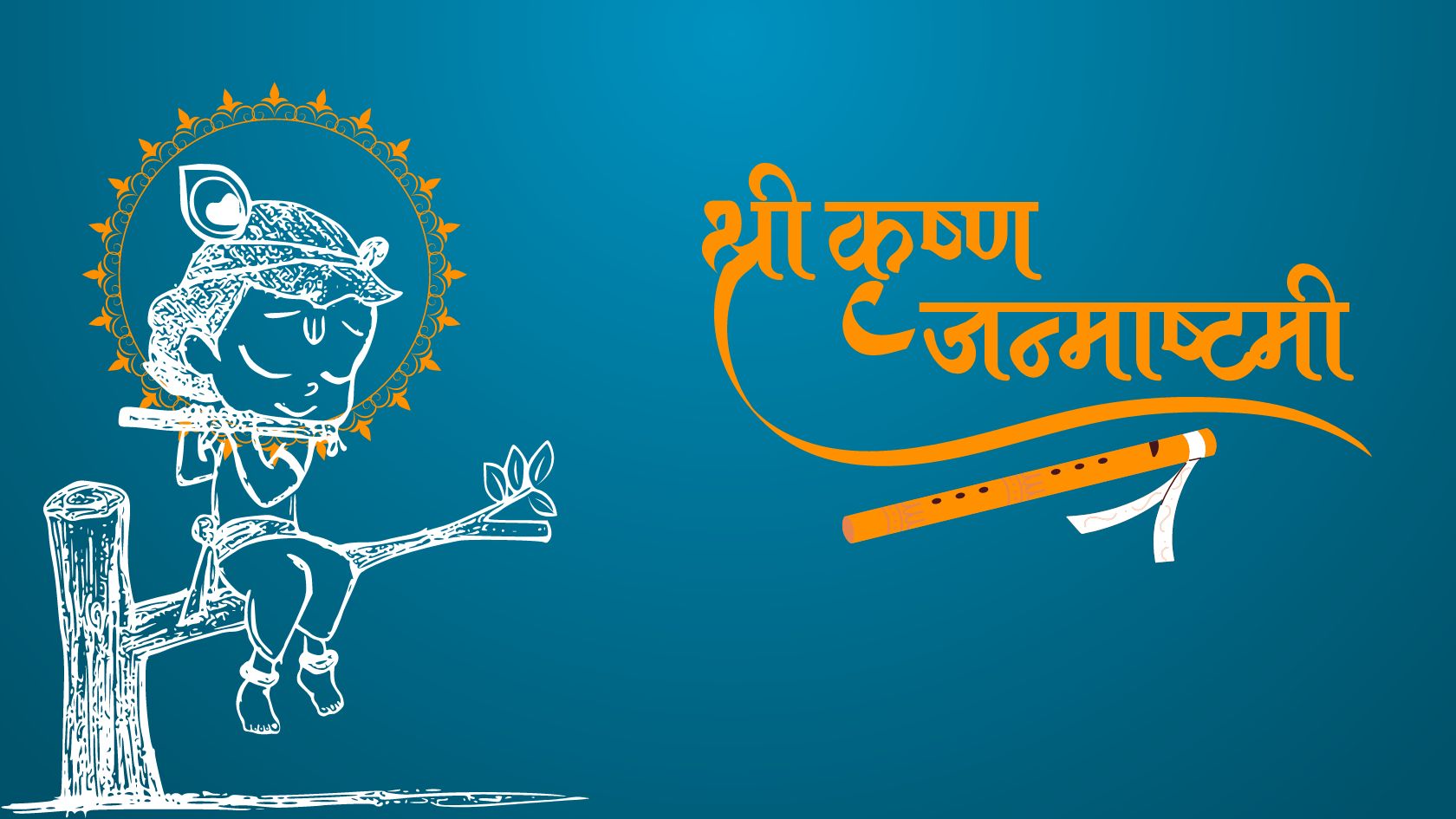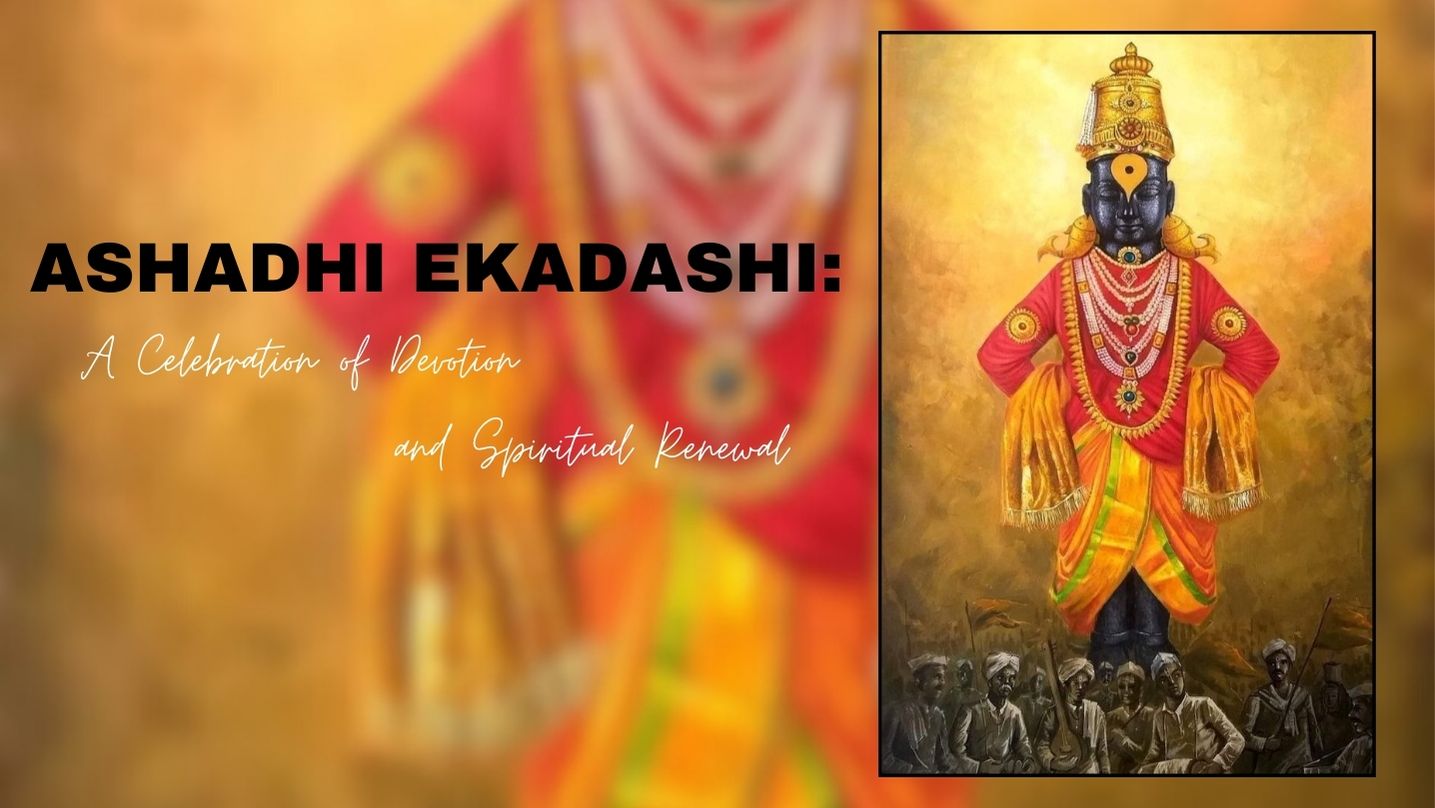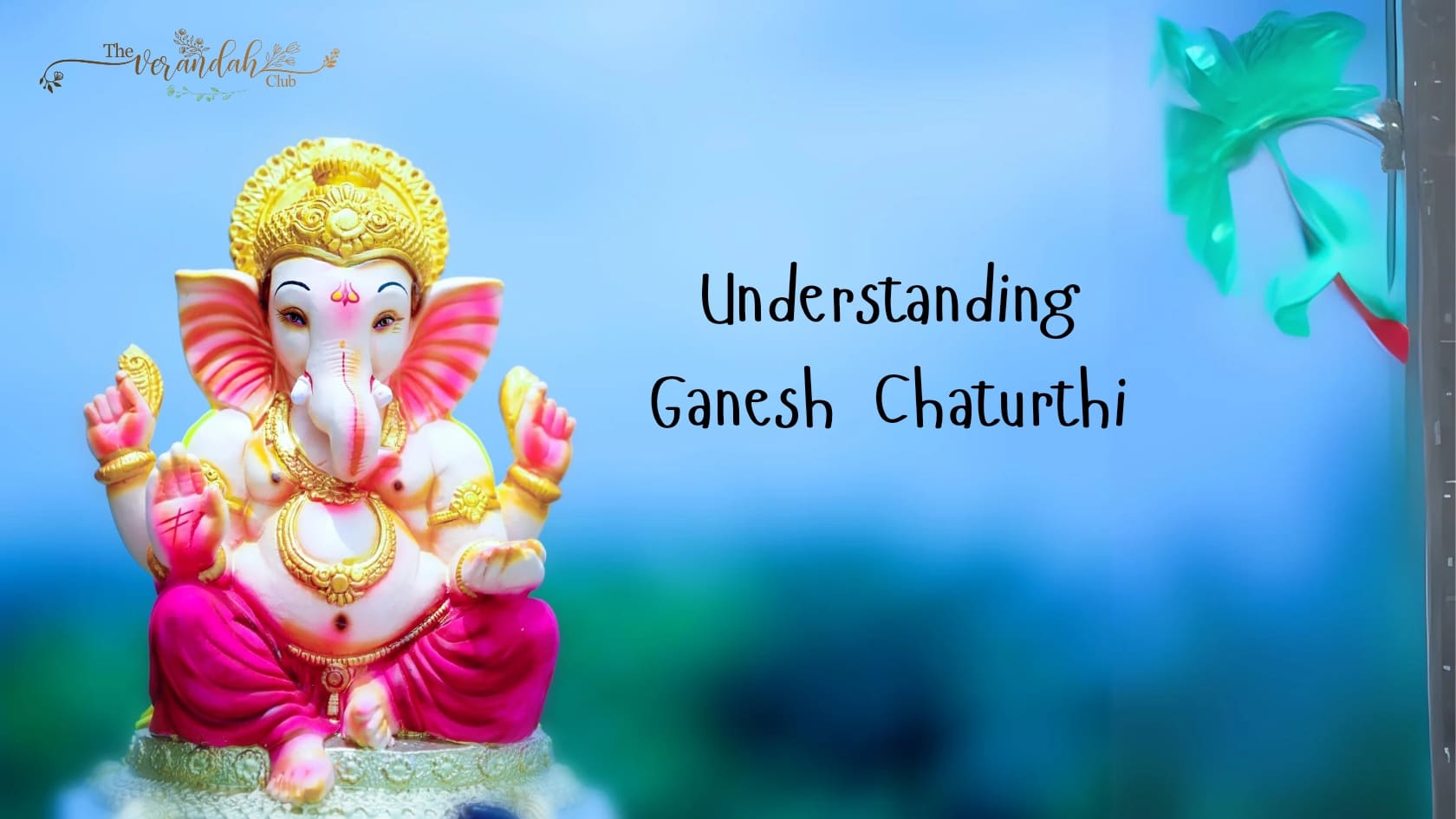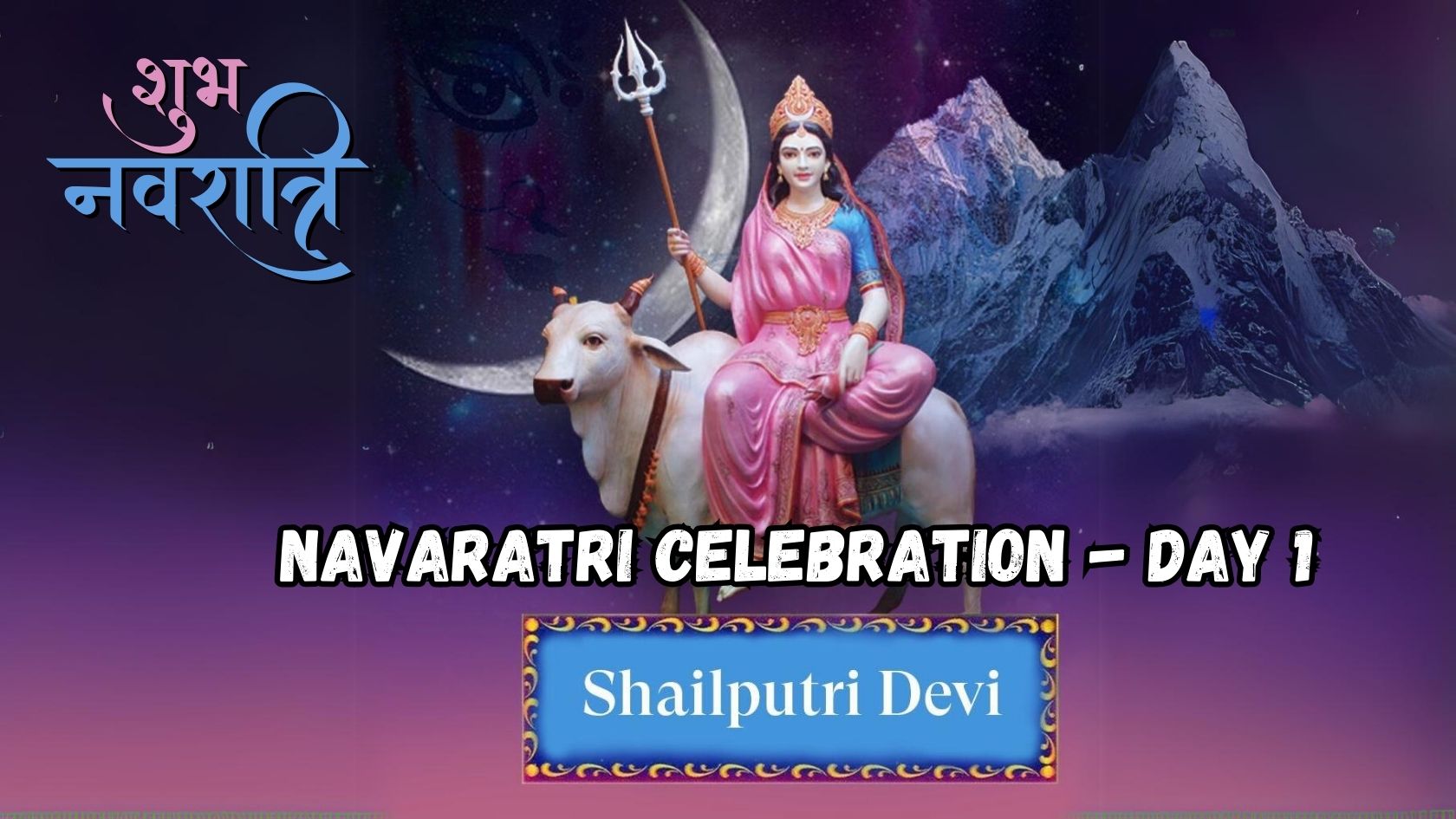
Every year, as the monsoon rains dance on the fields of India, an ancient story unfolds in the hearts of millions. It is the story of Krishna, the beloved blue-skinned deity, whose birth is celebrated with joy, devotion, and wonder on the festival of Janmashtami, also known as Gokulashtami.
Long ago, in the city of Mathura, a prophecy struck terror into the heart of Kansa, the demon king. It was foretold that his sister Devaki's eighth son would be the one to end his tyrannical reign. Gripped by fear, Kansa imprisoned Devaki and her husband, Vasudeva, determined to thwart the prophecy by killing each of their newborn children. But destiny had other plans.
On the stormy night of Ashtami, the eighth day of the dark fortnight in the month of Bhadrapada, Devaki gave birth to her eighth child—a radiant baby boy, who was none other than the incarnation of Lord Vishnu. As the child came into the world, the palace fell into a deep, magical slumber, and the heavy prison chains miraculously loosened. Guided by divine forces, Vasudeva cradled his infant son in a wicker basket and set out on a perilous journey across the rain-swollen Yamuna River.
With each step, the river’s waters threatened to sweep them away, but Sheshnag, the mighty serpent king, shielded them with his multi-headed hood, ensuring their safe passage. At last, Vasudeva reached the village of Gokul, where he exchanged the divine child with a newborn girl from Yashoda and Nanda’s home. This infant, destined to be raised in the simple yet loving care of Yashoda, would grow up to be Krishna, the divine hero who would eventually slay the evil Kansa.
Back in Mathura, Kansa believed he had escaped his doom when he saw the baby girl. But as he attempted to kill her, the child slipped from his grasp and transformed into Goddess Durga, warning him of his impending fate. Kansa’s fear returned, but it was too late—the prophecy was set in motion, and the child he feared was safely hidden away, growing strong in the idyllic fields of Vrindavan.
Krishna Janmashtami, the festival that commemorates this miraculous birth, is more than just a religious observance—it is a celebration of hope, devotion, and the triumph of good over evil. Devotees across India and the world observe the day with fervent rituals and joyous festivities.
In the northern regions, the air is filled with the melodious strains of Raas Leela, where children dressed as Krishna and the gopis reenact scenes from his divine playfulness. In Mathura and Vrindavan, the birthplace and playground of Krishna, temples are adorned with flowers and lights as devotees chant his name and offer Makhan, the butter that the mischievous child Krishna so loved.
In the southern states, the streets are vibrant with Kolam, intricate designs made with rice flour, and footprints leading from doorways to the prayer rooms, symbolizing Krishna’s arrival into the homes of his devotees. Devotional songs resonate through the night, and offerings of butter, betel leaves, and fruits are made to honor the beloved deity.
In Maharashtra, the Dahi Handi festival, held the day after Janmashtami, brings a different kind of excitement. Inspired by Krishna’s playful attempts to steal butter and yogurt from high-hanging pots, young men form human pyramids to reach and break open earthen pots filled with curd. The spilled contents are cherished as Prasada, a blessed offering, bringing the community together in a spirited display of unity and skill.
In the east, especially in West Bengal and Odisha, devotees immerse themselves in recitations from the Bhagavata Purana, recounting the tales of Krishna’s early life. The following day, Nanda Utsav celebrates the joy of Krishna’s foster parents, Nanda and Yashoda, in a heartfelt expression of love and gratitude.
The celebration of Krishna Janmashtami is not confined to India alone. Across the globe, wherever there are devotees of Krishna, the night of his birth is marked with prayers, songs, and a deep sense of connection to the divine.
And so, each year, as the midnight hour approaches, hearts across the world beat in unison, waiting for the moment when Krishna, the divine protector, is born anew, bringing with him the promise of love, peace, and the ultimate victory of good over evil. The story of Krishna Janmashtami is a timeless reminder that even in the darkest of times, light will always find its way.
 Dakshinamurthy is a scholar and researcher of Indic themes and a contributing writer of The Verandah Club
Dakshinamurthy is a scholar and researcher of Indic themes and a contributing writer of The Verandah Club
PREVIOUS ARTICLE
NEXT ARTICLE

Ashadhi Ekadashi, also known as Shayani Ekadashi, falls on the 11th lunar day (Ekadashi) of the bright fortnight (Shukla Paksha) of the Hindu month of...

Ganesh Chaturthi, also known as Vinayaka Chaturthi, is a significant Hindu festival that honors Lord Ganesha, the deity revered as the remover of obst...

The Nine days of Navaratri are devoted to the worship of the feminine energy in different forms. The first day of Navaratri begins by worshipping the...